The role of parents, family and care-givers in learning!
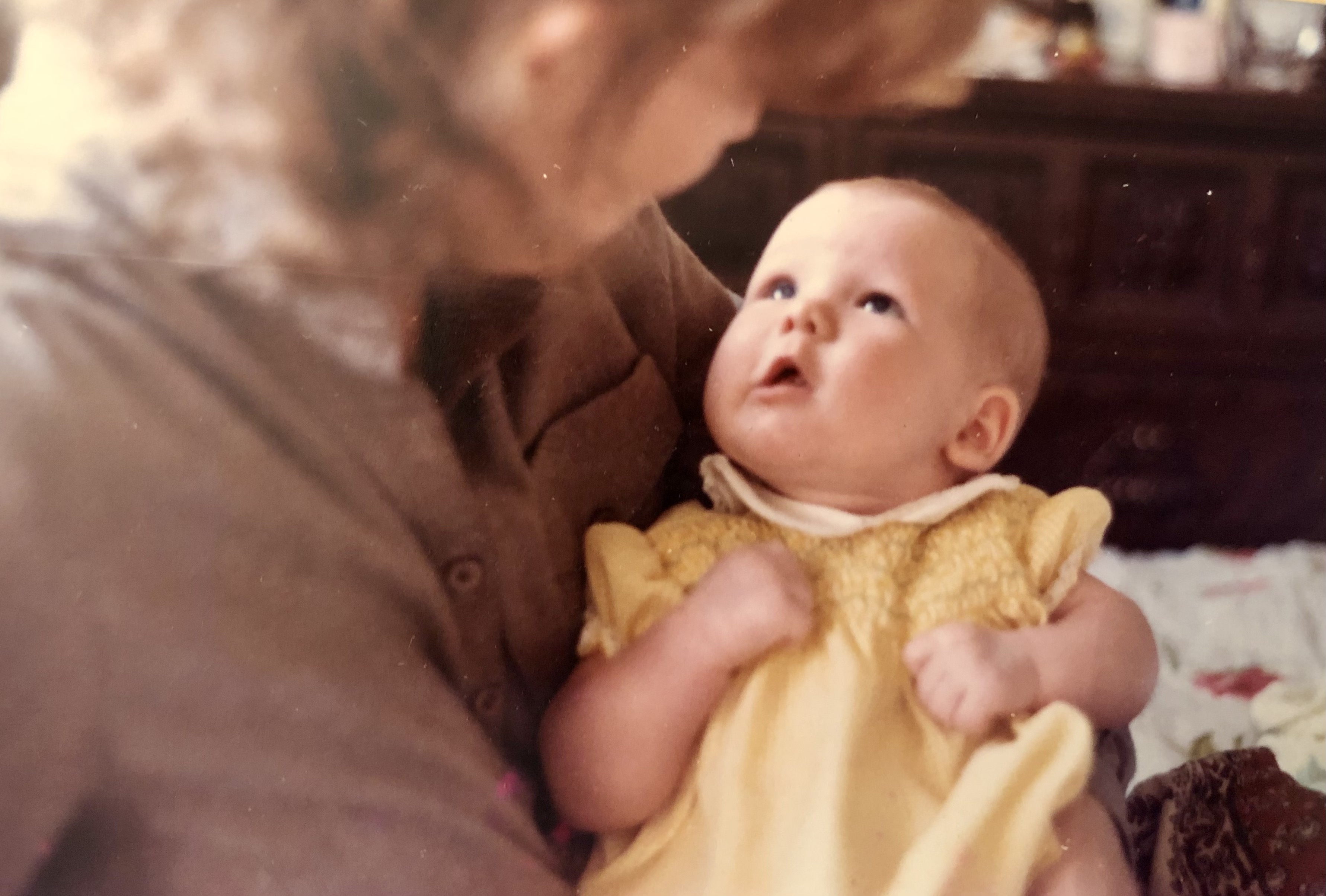
Family – you have a vital part to play in your child’s success at school!
My recent blog was an introduction to the importance of the family’s role in the teaching of reading. This blog continues that theme – emphasising the vital part that family members play in developing healthy learning patterns in a baby and toddler’s brain! Family – you have a vital part to play in your child’s success at school!
The process of reading definitely starts long before a child goes to school or preschool. Think about it.
Who teaches a child to talk? Who helps her learn to walk? To feed herself? To dress? To pick up toys? To listen, understand and follow simple instructions? You do!
The wonderful and complex brain …
From conception, the brain is forming and developing. From birth, a baby is exposed to all of the senses in her bright new world. Touch – sucking and nestling. Hunger – and how to cry to get help! Sounds – heartbeats and voices. Sights – (blurry in a brand new baby, so family instinctively put their faces close to the new born and smile).
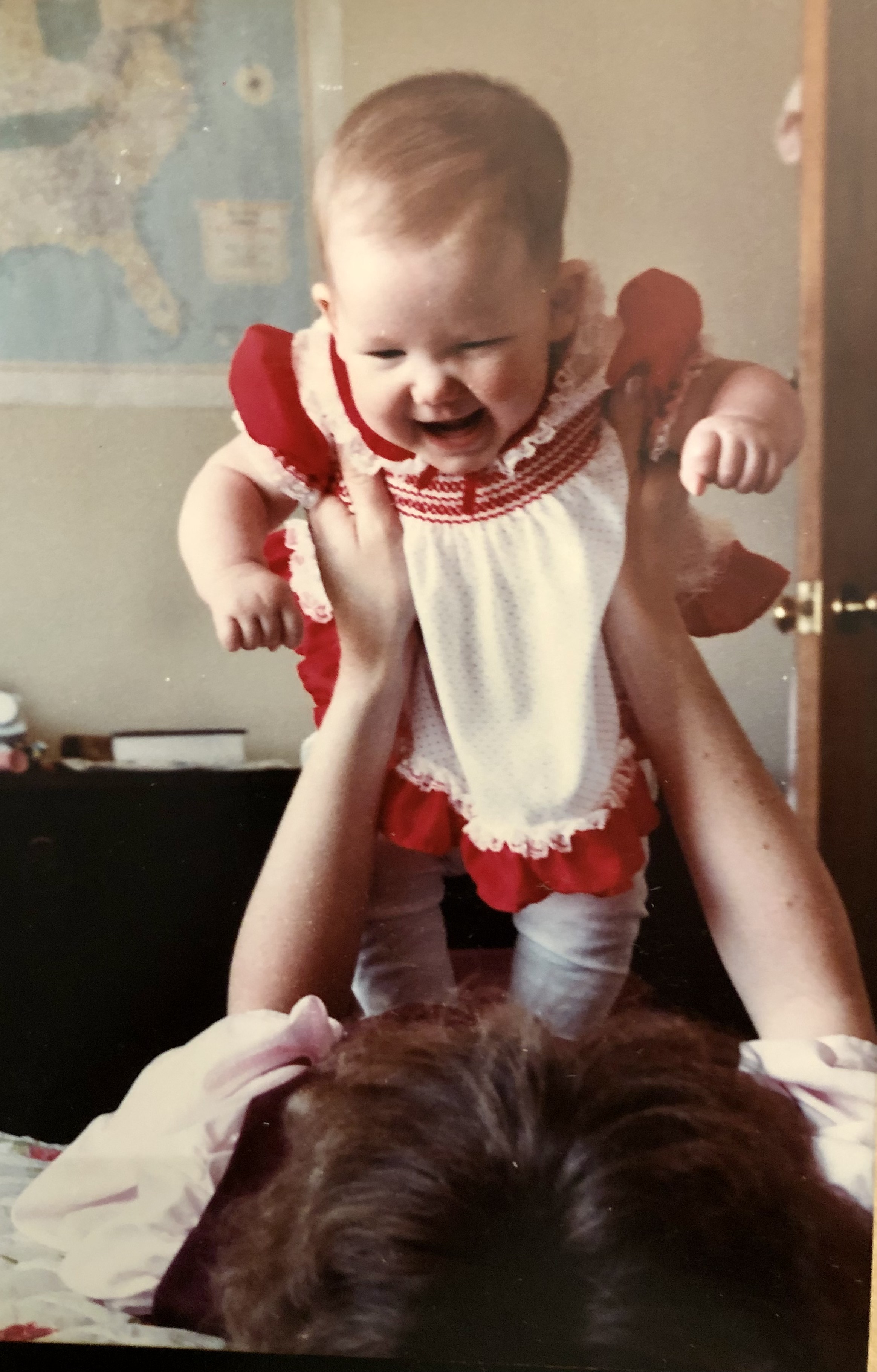
All the while, that wondrous and complex organ, the human brain, is working and developing. Patterns are being formed – neural pathways are being forged and established. Parents and baby are seldom aware of the incredible growth and development that’s happening; the busy-ness taking place in that little brain. No wonder babies sleep a lot!
The importance of talking and singing to your baby…
Parents and care-givers are often completely unaware of the significant role they are playing in preparing a child to be a successful learner. They usually simply recreate the culture of the childhood they knew, with games and nursery rhymes, songs and stories.
I can’t emphasise enough the importance of talking and singing to your baby – from birth.(Or even whilst still in the womb! There is evidence that proves that babies hear their mommy’s heart beat and her voice before birth. I know mothers who have played beautiful music in their last weeks of pregnancy, whilst they are resting.) I would always greet my baby when scooping him out of his pram or cot – “Good morning! How are you?” And then, as I bathed him or changed nappies, I would explain what I was doing. I didn’t use cutesy baby-talk. I wanted him to get used to sounds and words and sentences – tone and mood. I knew I was modelling speech for him, even though he didn’t understand.
Think about it. What games did you play with your baby or toddler?
Peek-a-boo! Where’s baby? There she is!
Wave “goodbye” to Granny!
Clap hands for Mommy!
Show me your eyes? Your mouth? Your nose?
The importance of playing with your baby and toddler…
Most parents and care-givers value quality-time interacting with their babies and toddlers. But do all of them realise how valuable this time is in the development of healthy brains? When I was at teacher’ college between 1971 – 1973, there was still much to be discovered about how the human brain works. (Scientific brain imaging was only ‘invented’ in the 1980s.) However, educational psychologists had already done a lot of extremely valuable research on how children learn. We were introduced to one of the most famous psychologists of all, Piaget, whose studies illuminated the importance of play in the development of large and fine motor control – the big body movements like walking, running, skipping, and the fine and focussed movements like writing.
So – dear parents and care-givers, the time you spend with your little ones is not just relationship-building time! It’s also laying essential and invaluable “pathways” of learning for your child’s future! For example, some useful TOYS and activities are:
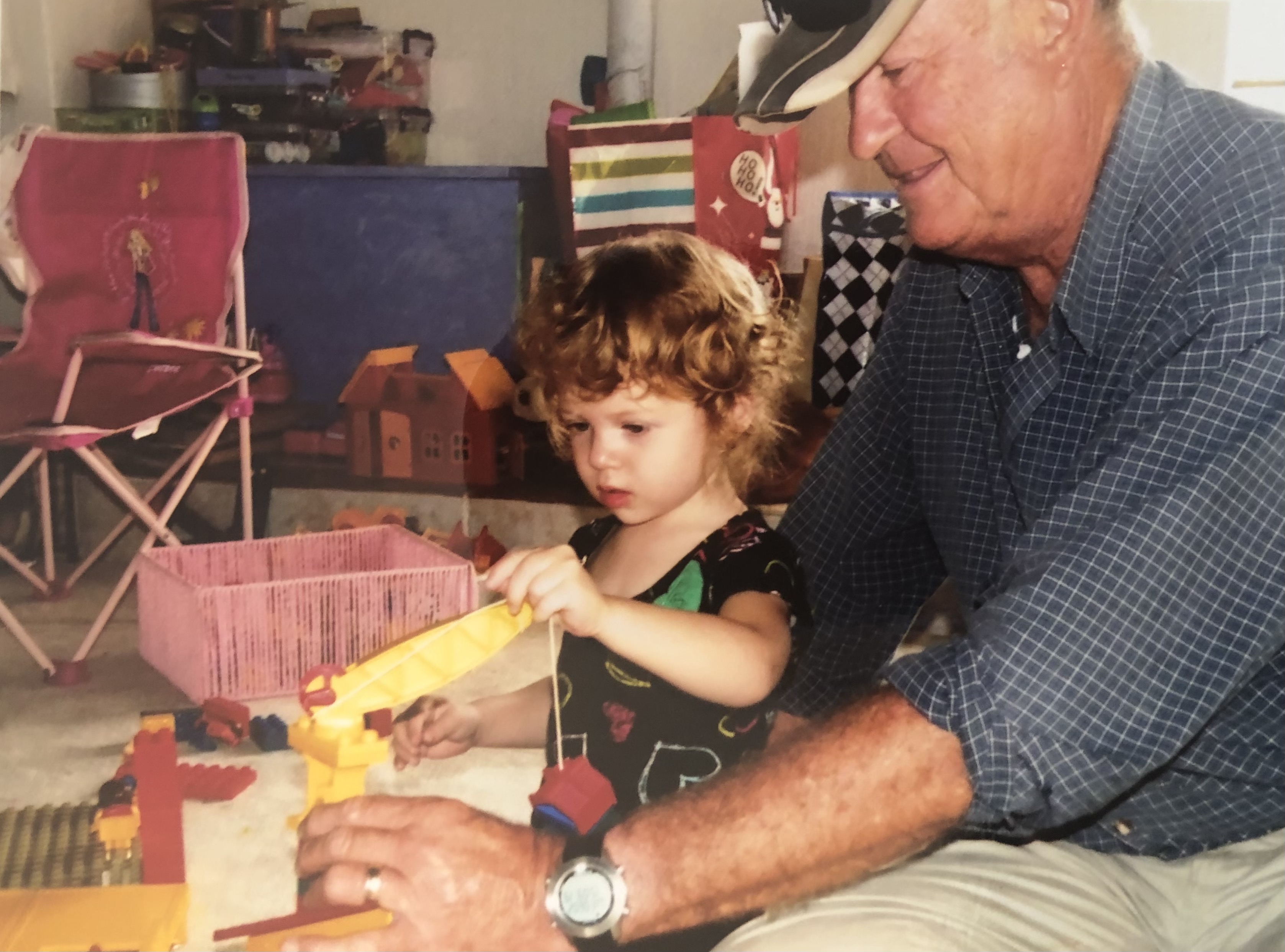
- Building blocks – first those large ones for little hands … practising movement and precision, placing one block on another.
- Teaching your toddler to catch, roll or kick a large ball. Large movement coordination is being practised!
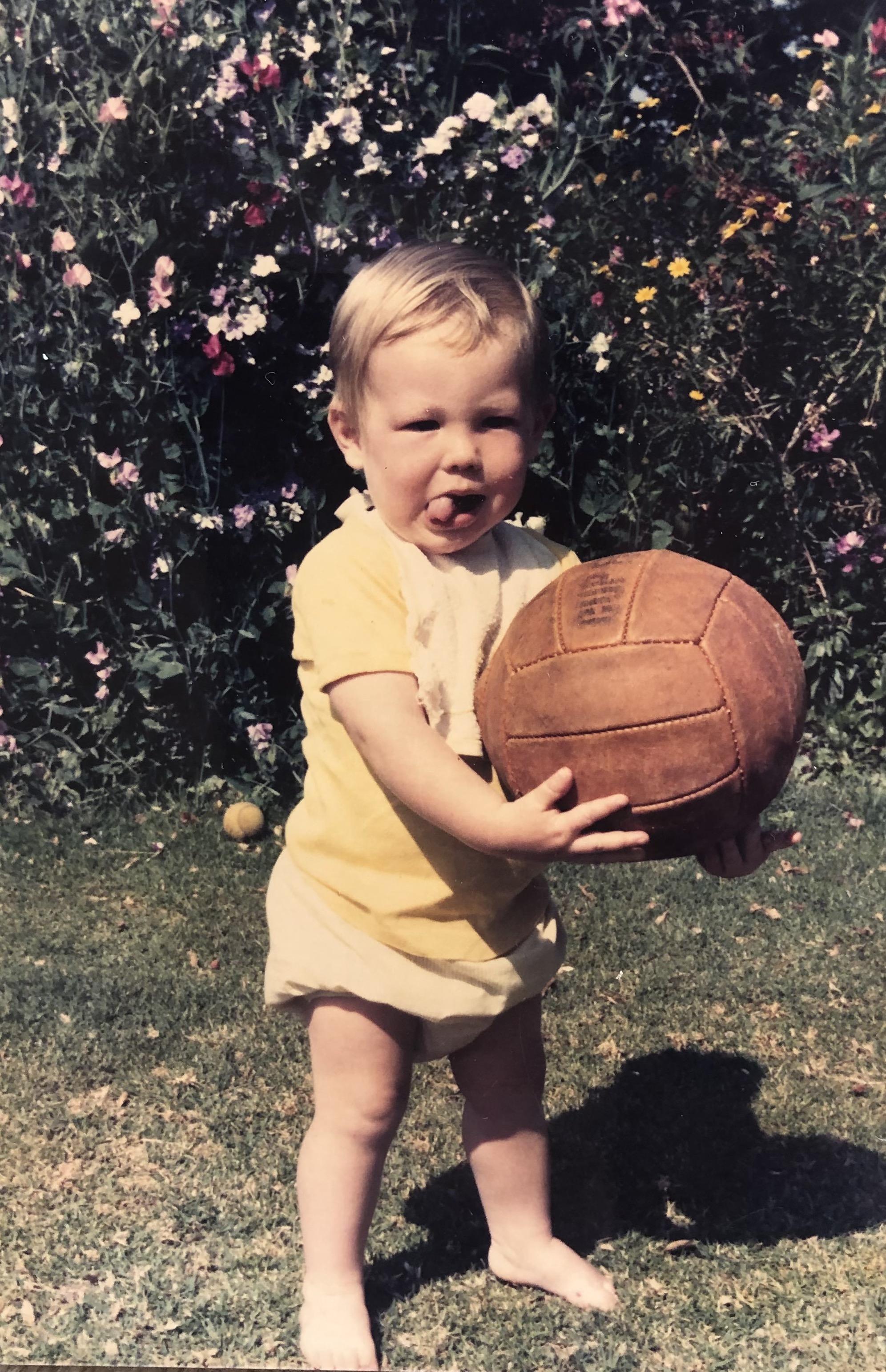
- Large wooden puzzle pieces fitting together… eye to hand control, as well as using fingers skilfully!
Choose useful toys that help to develop large and small motor control skills.
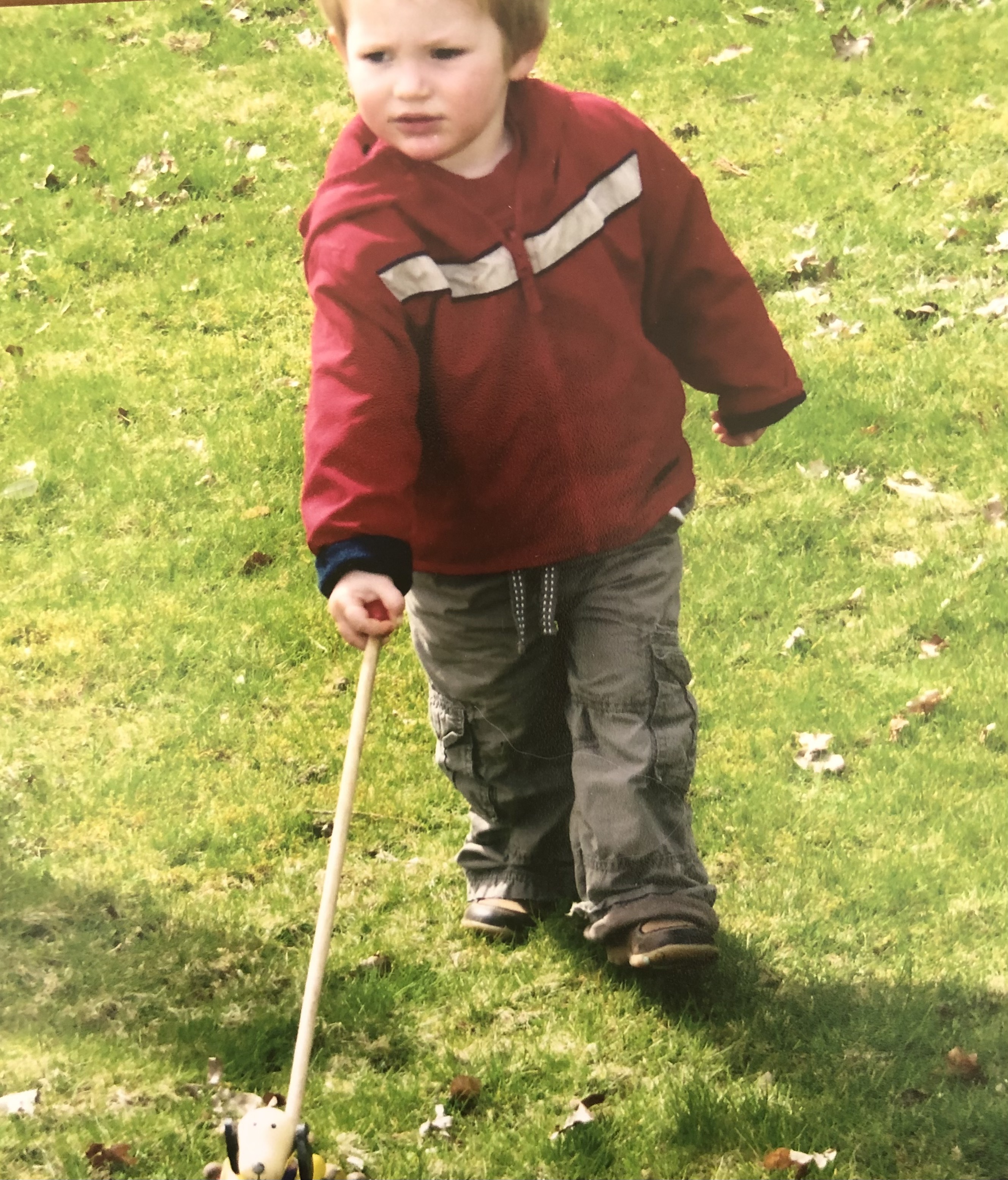
And so on, and so on.
Foundations for literacy: Combining games and words
Not many parents are consciously aware of the importance of developing movement skills, and the value of stories, songs and nursery rhymes to laying the foundation for early language skills, and yet they do these things intuitively. We know that songs and nursery rhymes are the poetry of early childhood, and they lay a priceless foundation for a sparkling future in literacy!
So – for the baby and toddler, we put movement and words together, with rhymes like:
“Round and round the garden, like a teddy bear (circling the baby’s palm with your finger), One step, two steps (walking your fingers up his arm); Tickle him under there!” (Tickle gently under his arm or his tummy etc!)
Sitting with leg crossed, and toddler on your ankle, holding her hands like reins, raising her up and down, singing:
“Clip-clop, clip-clop, clip-clop” or a nursery rhyme like
“Ride a cock-horse to Banbury Cross to see a fine lady upon a white horse; With rings on her fingers and bells on her toes She shall have music wherever she goes … Clippety-clop, clippety-clop, clippety -clop!” (Or make a horse clopping noise by clicking your tongue!)
Or – sitting your baby or toddler on your knees, facing you, holding her hands like reins:
“This is the way the lady rides (Gentle up & down movement) Clippety clippety clop. This is the way the gentleman rides (Faster up and down) Jiggety jiggety jog. Funny old camel, he goes very slow! (Knees wobbling side to side) So does the donkey, we know, we know!” (Very bouncy up and down)
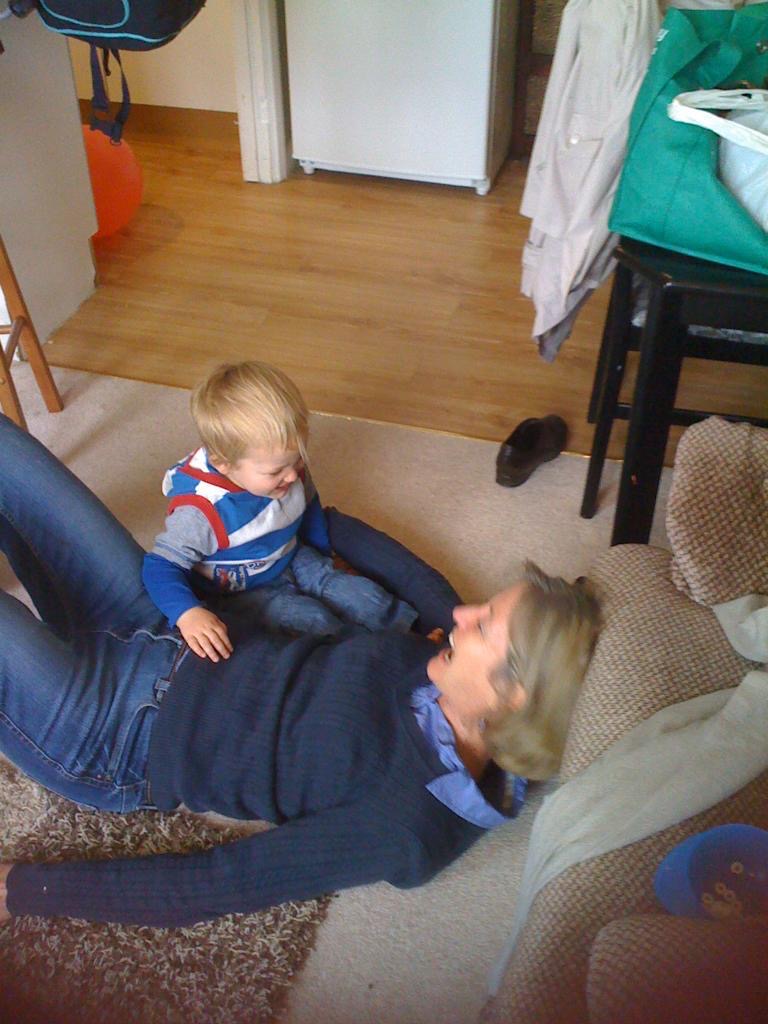
Toddlers’ Finger Play…
For many years, my mother owned and operated a preschool – called “Aunty Peggy’s Creche”. Literally hundreds of children passed through her expert care, and ask any one of them – they are sure to tell you that their years with “Aunty Peggy” were some of the happiest in their lives.
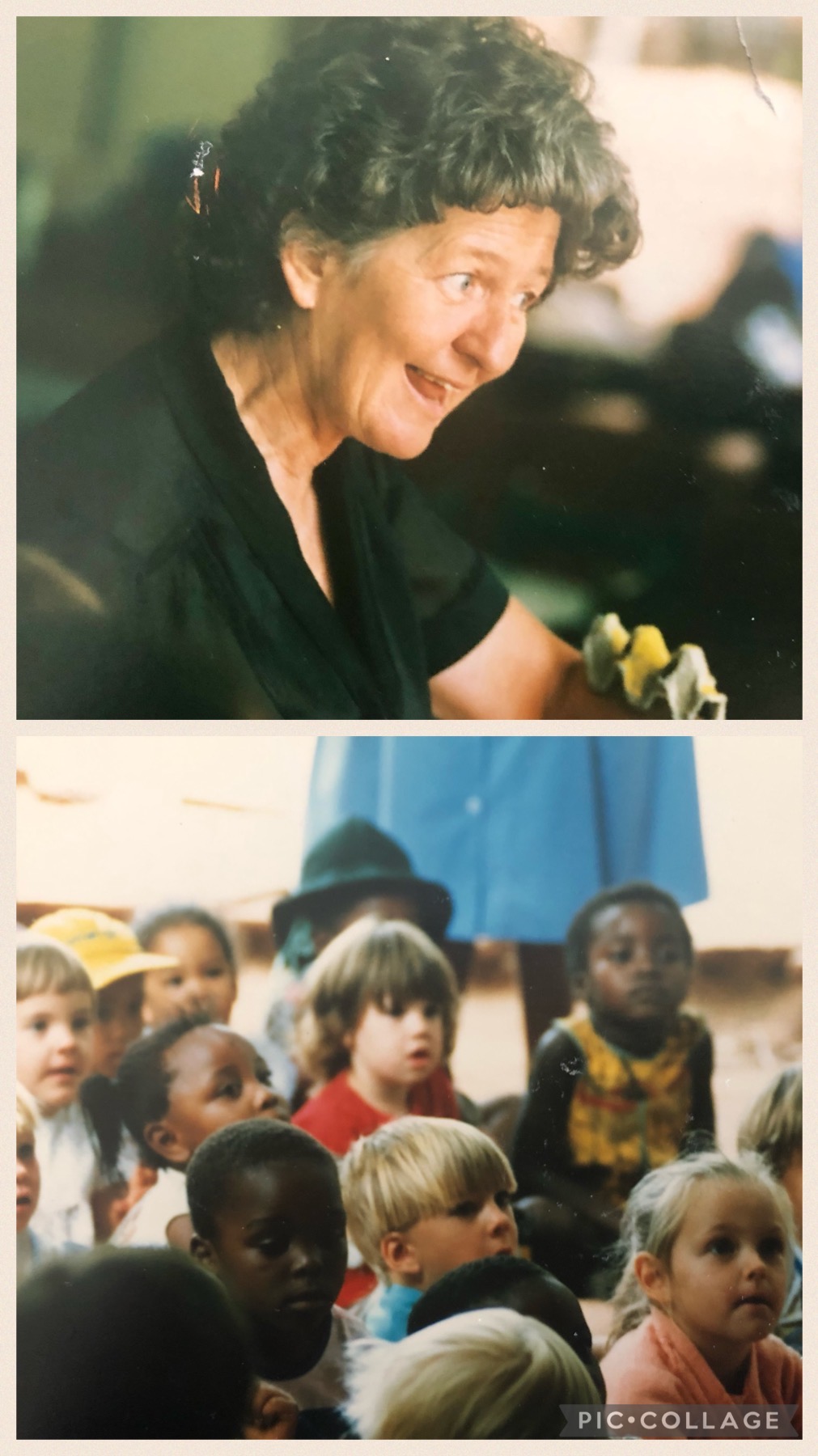
She catered for children from the age of twelve-months onwards. One of the activities she included in every day’s timetable was finger play. With all of the resources available on line, there’s no need for me to go into too much detail here, but some of her favourites were:
Two little dicky birds, sitting on the wall, One named Peter, one named Paul. Fly away, Peter; fly away Paul. Come back Peter, come back Paul!
Five little ducks went swimming one day, over the pond and far away; Mummy Duck said, “Quack quack, quack!” And four little ducks came swimming back. (Etc.)
- Incy Wincy Spider, climbing up the spout
- Here is the beehive – where are the bees?
- A tiny tiny worm wriggled along the ground …
Toddlers’ Songs and Nursery Rhymes
It’s innate in human beings to love songs, music and dance. All cultures have their own distinctive folk tales and stories – and many have their own little sayings and rhymes, suitable for children. I wonder how deeply our ancestors understood they were laying foundations for literacy when they introduced children to listening to sounds and sound patterns? Rhythm and rhyme? Meaning? Many of the nursery rhymes in the English Language originate from hundreds of years ago – but are still loved by children today. Most of them involve ACTION, which we know is essential for children’s healthy growth. Little ones simply CANNOT sit still for too long! Those little bodies need to move to grow!
Think –
- Row, row, row your boat …
- This is the way we clap our hands
- If you’re happy and you know it, clap your hands!
- Jack and Jill went up the hill
- Oranges and Lemons
- Humpty Dumpty sat on a wall
- Here we go round the mulberry bush
- All fall down!
To conclude … that powerful little brain!
And so – without you being aware, neural pathways and networking patterns are being formed in that powerful little brain. Young children learn most naturally and easily through play. While you are having fun with your baby or toddler, not only are you building relationship and bonding, but you giving them practise in these essential learning skills and reinforcing the neural pathways to make healthy lifelong habits:
- Hearing and listening
- Seeing and noticing
- Understanding – making associations and sense of what she is seeing and hearing
- Talking or singing
- Paying attention, focussing, concentrating, participating
- Responding appropriately emotionally.
What a busy little brain! Well done, Dad or Mom! Granny or Grandpa! Aunt or Uncle! Big sisters and brothers! You are laying the foundations for learning.
